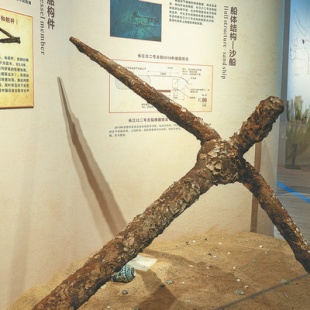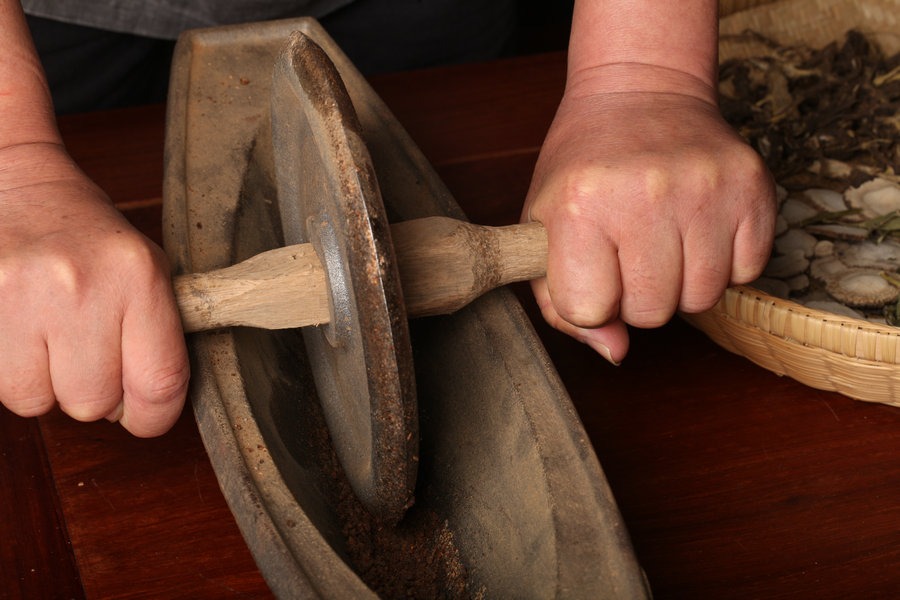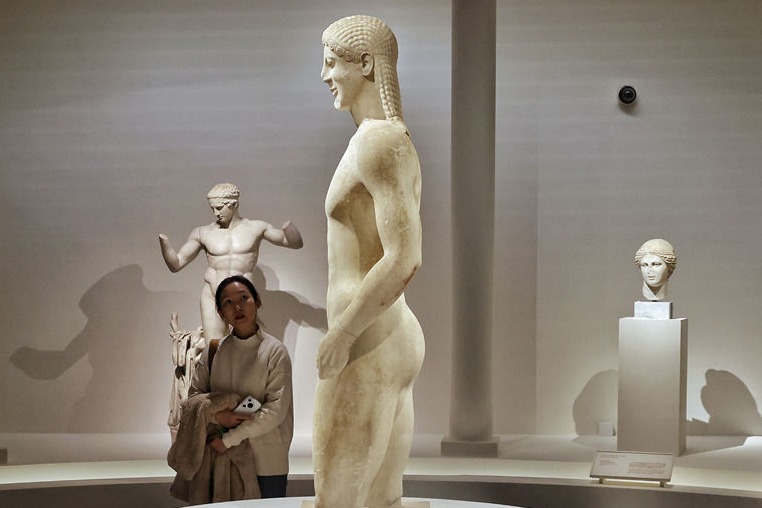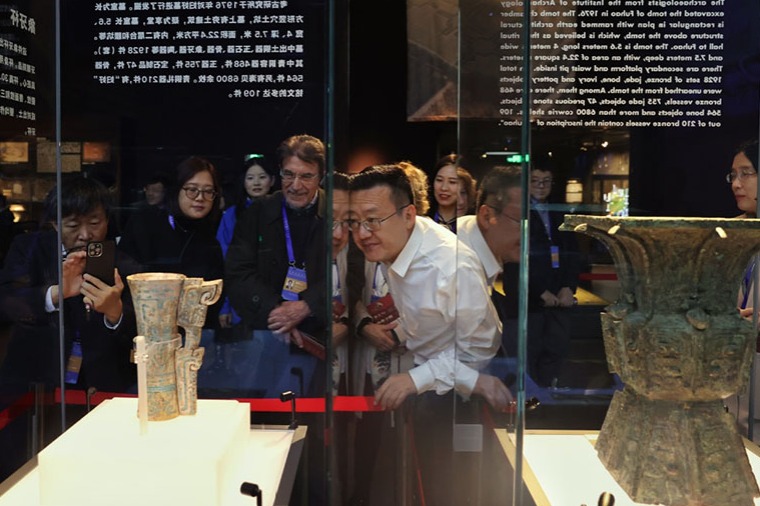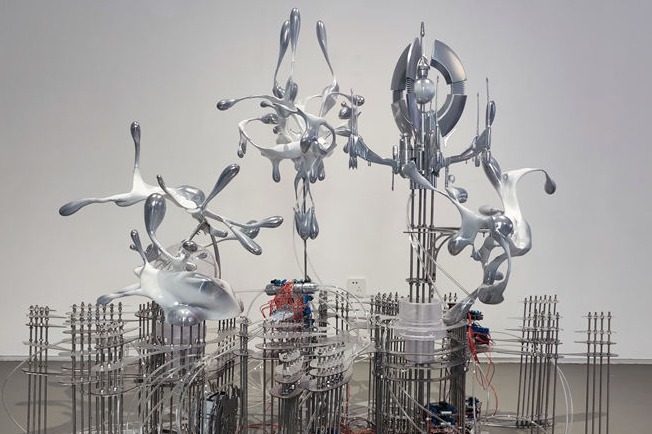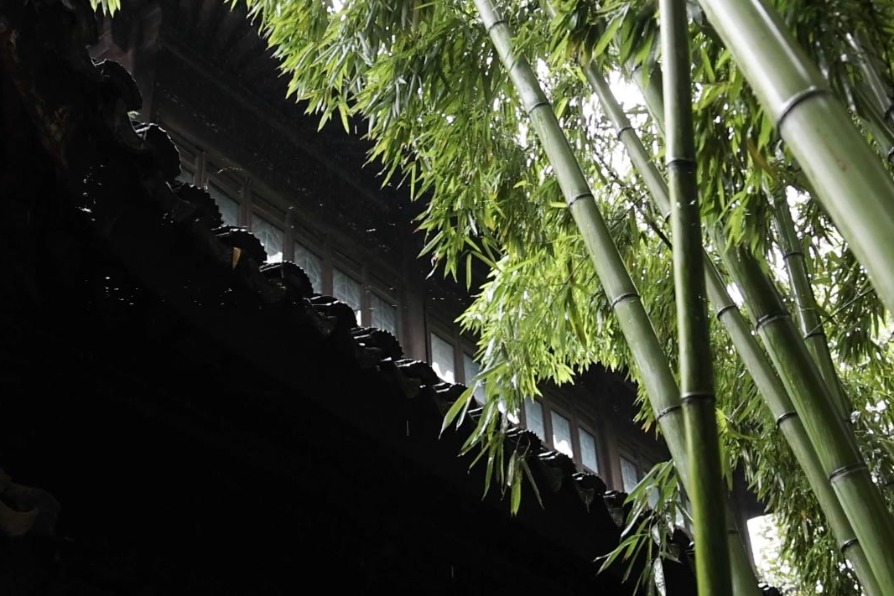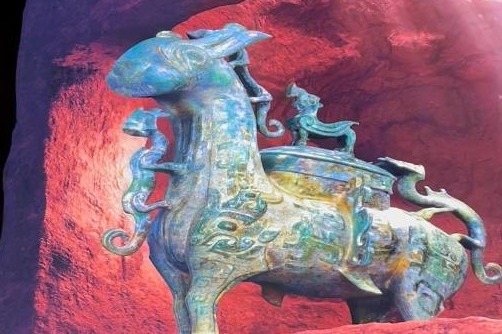Shipwreck artifacts go on show for first time


Objects retrieved from the Yangtze River Estuary No 2 shipwreck are now on public display for the first time.
The exhibition, Treasures from Rivers and Oceans: Underwater Archaeology and the Yangtze River Estuary No 2, at the Shanghai History Museum, is divided into three sections featuring 137 objects, photographs and interactive installations.
The exhibition showcases stories of the shipwreck's discovery, achievements made by China's underwater archaeology teams, the salvage process of the vessel and the technological innovations used in the operation.
Discovered in 2015, the boat was found off the northeastern tip of Hengsha Island in Shanghai's Chongming district. The vessel is about 38.1 meters long and 9.9 meters wide at its broadest and has 31 cargo chambers. It is the largest and best-preserved wooden sailing boat retrieved from underwater archaeological operations in China.
Thanks to the use of new technologies and equipment developed specially for the retrieval mission, the shipwreck was salvaged and transported to the No 1 dock at the former site of Shanghai Shipyard in Yangpu district last November.
Archaeologists have conducted multiple surveys on the sunken vessel since it was discovered in 2015.Judging from sonar imagery as well as the wooden and metal parts retrieved, it was a typical flat-bottomed vessel that was commonly used on the river over the past centuries. In fact, the boat even featured in Shanghai's municipal emblem alongside the magnolia blossom, the city flower.
To date, over 700 items have been retrieved from the shipwreck. Ninety-five are on show at the exhibition.
One of the largest exhibits is a 3.1-meter-long four-armed anchor. One of the largest iron anchors excavated by underwater archaeologists in China, this item was found at the northern side of the shipwreck. After spending more than a century underwater, the anchor is covered in rust and seashells.

During the preliminary cleanup operation, archaeologists also found about 8,000 ceramic pieces within the wreck. These pieces of high-quality chinaware, made in Jingdezhen of Jiangxi province, were piled up, with rice husk placed between them to cushion vibrations. Archaeologists also found purple clay wares and a blue-glazed hookah pots from a kiln in Vietnam.
An inscription reading "made in the year of Tongzhi" was found at the bottom of a series of green-glazed cups. This finding was important in helping archaeologists date the boat to the reign of Emperor Tongzhi (1862-1875) in the Qing Dynasty (1644-1911).
According to Zhao Luo, a researcher with the Shanghai protection and research center for cultural relics, the Yangtze River Estuary No 2 underwater operation was an important milestone in the field of archaeology. It led scientists to develop new diving and geophysical exploration technologies, overcoming challenges, and taking steps to improve the scientific protection and research of recovered artifacts. Some of the new technologies developed are being shown at the exhibition.
During the exhibition period, there will be evening events and children will be able to camp and enjoy activities related to underwater archaeology in the grounds of the Shanghai History Museum every weekend.
"We hope visitors can have a different experience at our museum enjoying the activities," says Zhou Qunhua, director of the museum.
If you go
Treasures from Rivers and Oceans: Underwater Archaeology and the Yangtze River Estuary No 2
9 am-5 pm, Tuesday-Sunday, July 7-Oct 6
Shanghai History Museum, 325 Nanjing Road West, Huangpu district, Shanghai
zhangkun@chinadaily.com.cn


